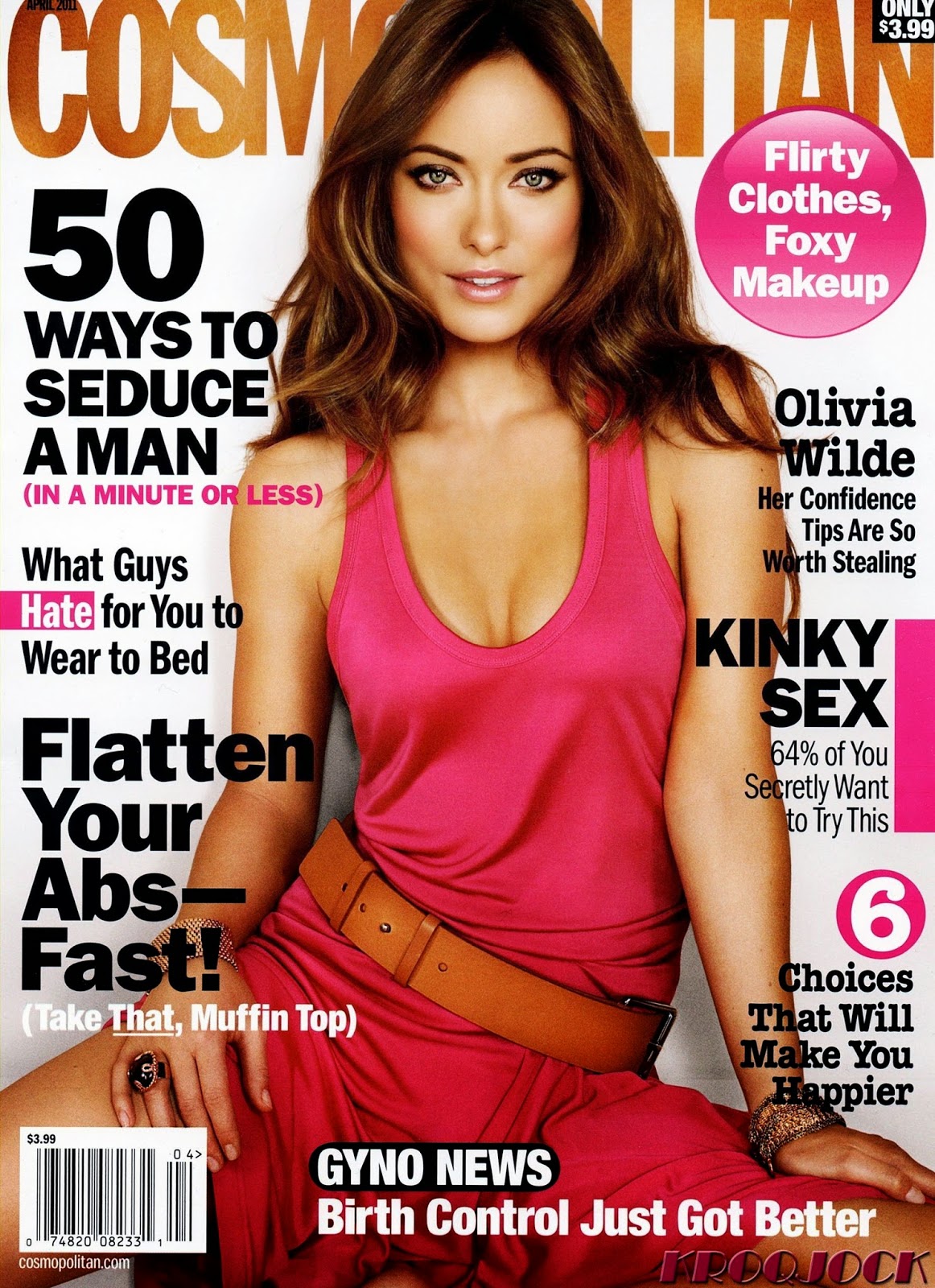Throughout Shakespeare’s work,
contracts, whether in the form of a literal written document (such as the picture
above) or a spoken promise of sorts (such as Viola/Cessario’s promise to Olivia
that she/he will never marry a man), often play a key role in both the surface
and underlying functioning of the play. Specifically, it is in Shakespeare’s focus
on language and word play, and the deceptions/complications possible through
this, that these contracts draw much of their significance/power in his works
(the specificity of Shylock’s own contract proving to be his undoing). Yet the contract
of marriage remains surprisingly untouched; while individuals (such as Bertram
in All’s Well) might be “tricked”
into getting married to someone in the first place, the actual marriage often
appears to lack duplicity or major incident, the characters simply marrying
once the time has come. I wonder, was this simply necessitated by each play’s
narrative (the weddings serving often acting in part as a conclusion) or was
this more of a reflection of the age Shakespeare inhabited and perhaps his
desire to (while still playing with the lines of gender and sexuality) not
alienate his potential audience through a total break in the current social norm?
It seems likely, or at least
possible, that Shakespeare’s preservation of the “sanctity” of the marriage
contract would've been used to simultaneously mask the often more fluid
treatment of gender throughout the rest of the work[s]. Consider the conclusion
of Twelfth Night. The Duke continues
to refer to Viola/Cessario as his “boy,” even after the reveal of Viola’s true
nature; this appears to be playing with the notion of the Duke’s sexuality,
with a possible interpretation being that the Duke would/does/will love Viola
Cessario no matter her/his form. However, it is made clear that before the
wedding of Viola and the Duke, Viola will once more dawn her “woman’s weeds.” Thus,
the two will be married as man and wife, adhering to the social standard, and
in doing so possibly reassuring the piece’s original audience. A similar
situation occurs in As You Like It,
with the relationship of Orlando and Ganymede/Rosalind toeing the line between
homosocial and homoerotic, until the quadruple wedding, at which point Rosalind
abandons her disguise and returns to what would be considered the feminine norm
in the play/society. These examples lend
credibility to the argument that Shakespeare might have in particular sought to
preserve the “sanctity” of the marriage contract to allow for the relatively
gray area of each couple’s sexuality to be addressed while still adhering to
the social norm.

























